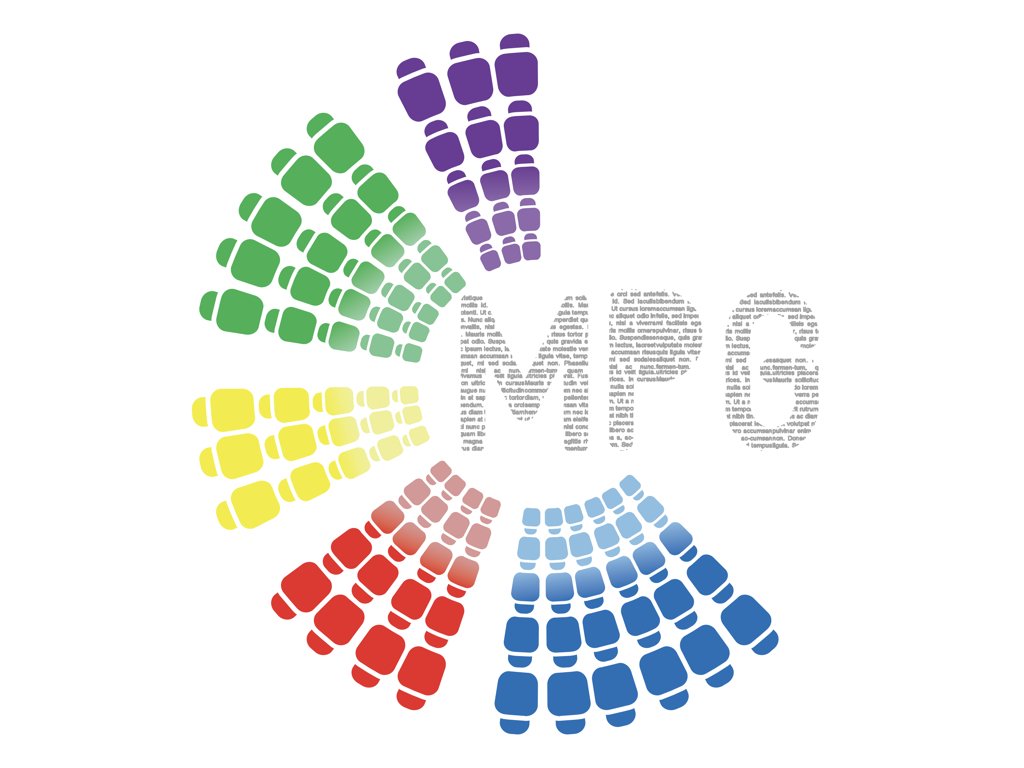Political Studies Association Media and Politics Group Annual Conference 2023, School of Film, Media and Communication, University of Portsmouth
26-27 October 2023
Hybrid Conference
Download a copy of the conference programme here.
Call for Papers
Deadline for submitting abstracts: Monday, 26 June 2023
The School of Film, Media and Communication at the University of Portsmouth will host the PSA Media & Politics Specialist Group Annual Conference in October 2023. This will be a hybrid event.
Theme: Re-imagining Media and Politics
The orthodoxy of political communication has been challenged in recent years. The impact of digital media, alongside socio-cultural changes, has transformed the roles and relationships between citizens, the media, and political organisations. As the work of our keynote speakers demonstrates, this opens up potential exciting democratic opportunities and disruptive innovations.
For political elites, these changes have resulted in a media environment that is harder to manage than ever before. As the sources of political information become more abundant and diverse, and the significance of relationships with journalists is called into question, parties and candidates have experimented with new forms of digitally-mediated communication. From micro-targeted adverts to social media campaigns, direct communication raises new questions about the agency of political elites in framing political messages and their implications for democracy.
For the media, digital disruption is radically changing existing business models. With advertising revenues and print circulation declining, news organisations are seeking to generate funding through other means, such as paywalls and membership models. Many rely on social media platforms for traffic, with news increasingly filtered through opaque and unpredictable algorithms. These changes raise normative questions about the role of journalism in society and its form, style, and tone, with innovations such as emotional storytelling, solidarity journalism, and constructive journalism reflecting scholarly recognition that the norms of political reporting may need to adapt if they are to appeal to the needs of contemporary audiences.
For citizens, new technologies have transformed audiences from passive observers to active participants in political communication. From citizen journalism to digitally-enabled social movements like Occupy Wall Street and #MeToo, scholarly work has demonstrated the disruptive role that citizens now play. However, such opportunities are not equally distributed across society. Changing news consumption habits give rise to fears about news avoidance and, worse still, exposure to misinformation and disinformation that can harm the quality of public life.
This conference invites empirical and theoretical contributions that seek to analyse and understand these transformations.
While the main theme of this conference is re-imagining media and politics, the Media and Politics Group operates an open and inclusive policy, and papers dealing with any aspect of media and politics are welcomed. This may include areas of political communication and journalism but also includes a broader view of the political within online media, television, cinema and media arts, both factual and fictional.
Potential topics could include (but are not limited to):
The media’s changing role in political communication
The rise of alternative political media and changing public attitudes towards mainstream media
The politics of representation across media genres
The power of political satire, cartoons, and memes
Online harassment and abuse
The role of affect, emotion, and authenticity within political communication
Disinformation, misinformation, malinformation, and threats to democratic health
The opportunities and challenges of digital campaigning
Datafication and challenges to democracy
Activism, social movements, and the media
Media, communication, and inequality
Media and human rights
The methodological challenges of researching media and politics
Decolonising/diversifying political communication research
Keynote speakers
We are delighted to share our two keynote speakers for the conference who will lecture on innovations in journalism:
Professor Dan Jackson (Bournemouth University) — Beyond the Hype: A Political Economy of Solutions Journalism
Dr Anita Varma (University of Texas at Austin) — Re-Imagining How We Imagine Ethical Journalism: The Enduring Connection Between Solidarity, Social Justice, and Journalism that Matters
Deadline for abstracts: Monday, 26 June 2023
Please send abstract proposals for 15-minute papers to James.Dennis@port.ac.uk. These should include the following: title and name, institutional affiliation and address, and email address, together with a paper title and abstract of no more than 250 words. Proposers should also indicate whether they are a current postgraduate student and if they intend to present their work remotely.
Decisions about inclusion in the programme will be communicated on Monday 10 July 2023.
Panel proposals
We welcome panel proposals for this conference. If you wish to propose a panel, please note for following stipulations from the organising committee:
Panel proposals should include a panel overview (max. 300 words), outlining the title, synopsis, and chair details, as well as the abstracts for each contributor (no more than 250 words).
Panels usually consist of three to four papers and a chair.
Panels should aim to reflect the diversity of the profession and all-male panels will not be considered.
Registration fees
The cost of in-person attendance is £120 for salaried academics and £60 for PGR/low waged. This covers lunches, coffee breaks, and a wine reception. The cost of remote attendance for online participants is £30 for salaried academics and £15 for PGR/low waged.
Financial support
The Media & Politics Group offers a limited number of travel subsidies (up to the value of £100) to support postgraduate student participation in this event. Postgraduate students interested in applying for these subsidies should please note this in their submission.
Travel
The University of Portsmouth is accessible via a direct train from London Waterloo to Portsmouth and Southsea in just over 90 minutes. There are also direct train services from London Gatwick Airport and Southampton Airport.
James Thomas Memorial Prize
Full papers of a maximum of 2000 words submitted by postgraduate students will be entered into the James Thomas Memorial Prize. This annual award is presented to the most outstanding paper by a postgraduate student at the Media & Politics Group Annual Conference. Postgraduate students wishing to be considered for the prize should please note this in their submission. Please send full papers to James Dennis: James.Dennis@port.ac.uk by Monday, 16 October 2023.

